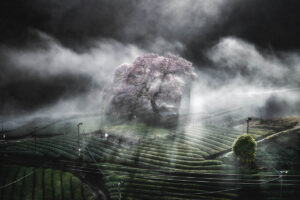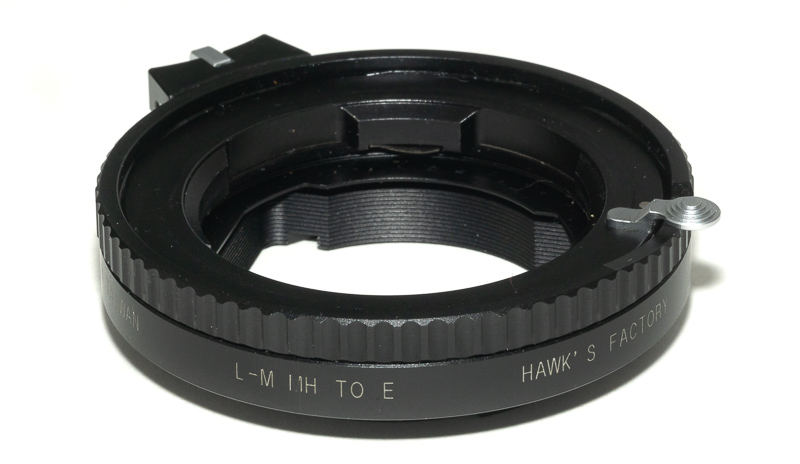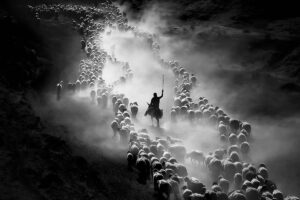![]()
Hairdressers say clients are unknowingly showing them AI-generated images and asking them to recreate the hairstyles in them.
Customers, for everything from haircuts to cakes, are drawing inspiration from fake AI images, according to a report by Canadian news outlet CBC.
Dean Allan, an owner and stylist of a beauty salon in Edmonton, Canada, shared that it’s becoming increasingly common for clients to bring in AI-generated images as references for their haircuts.
In Allan’s experience, most of his customers know that the images are AI-generated. Nonetheless, the expectations these fake photos create can be very unrealistic.
Allan emphasizes the importance of managing client expectations, explaining to them that some features of AI-generated hairstyles may be impossible to achieve since the images are not real.
“As a hairstylist, you have to stand your ground. And if you do not feel comfortable trying to achieve what that client wants, then you need to step back and say ‘you’re not going to be happy with what I produce,'” Allan tells CBC.
According to the hairdresser, this isn’t the first time new photo technology has introduced unattainable hair and beauty trends. Allan recalls a rose gold trend from a few years ago, which turned out to be based on filtered images rather than an actual achievable hair color.
Meanwhile, Olivia Hua, owner of a cake company in Canada, says that she’s also seeing a rise in AI-generated requests and the images are impossible to recreate in real baking.
“We did get one this week that was cat cupcakes and they looked almost like literal cats, molded into a cup. It was bizarre,” Hua tells CBC.
“There’s a lot of crazy things that we can see: highly detailed elements in cakes or even things that seem impossible, defying gravity a little too hard.”
Hua noted that Facebook and Pinterest are often the biggest culprits for AI-generated images with her clients. Customers look for inspiration on these platforms and unintentionally fall in love with designs that aren’t real.
These AI-generated requests could signal the beginning of a trend. As the technology improves, it could become even more difficult for people to tell the difference between real and fake images.
According to a study last year, AI-generated deepfake faces actually look more real than genuine photos.
Image credits: Header photo licensed via Depositphotos.








 English (US) ·
English (US) ·